During collecting
The main objective of this phase is to provide real data on the progress of the project so that its stakeholders can carry out the necessary actions if any of the activities or tasks contemplated have undergone modifications. In short, it is about being prepared to solve problems and make the required adjustments.
The regional coordinating organization will be in charge not only for controlling the effective execution of the tasks, but also to monitor the entire process, from its design to its completion, and also keeping the donor/funder informed of the latest developments in the project’s progress at a local level.
The LCO follow-up report to the Regional Coordinating Organization.
One of the main tasks of the regional coordinating organization, is the collection of all kinds of information related to the project, through a monitoring report that will serve as the basis for making decisions that will mark the bounds of the process.
Among the items that should NOT be ignored in this report, might be included:
- Decide what should be monitored and evaluated.
- Ideally, in the adjacencies of public or private institutions that are of interest, such as ministries, embassies, consular offices, non-governmental organizations dedicated to activism, freedom of expression, and/or human rights.
- Another way would be to make collections during specific days in which civic events are expected in the city, such as marches, protests, etc.
- Choose the key indicators to be used in monitoring the project.
- Sensors being working efficiently.
- Uninterrupted tours during the data collection period.
- Organize the collection of information.
- Geographically, so that there are no gaps during data collection.
The follow-up report from the Regional Coordinating Organization to the Project Donor/Funder
In order to ensure that the information generated by the monitoring and evaluation process has been used effectively in decision-making, the regional coordinating team must report to its donors on the following issues:
- Indicate and communicate the degree of progress of the project.
- Report incidents, risks, or unforeseen events that may arise.
- Propose a plan of actions to be carried out for these changes.
- Establish the milestone dates of each set of activities and confirm them periodically.
All these capacities must be renewed at least every two weeks with the local coordinating team (LCO’s), and at least once a month with the project donor/funder.
FADe project is an initiative of Southlight House with the support of the Open Technology Fund.
![]()
![]()
This website is available under a Creative Commons Attribution 4.0 International (CC BY 4.0) License creativecommons.org


